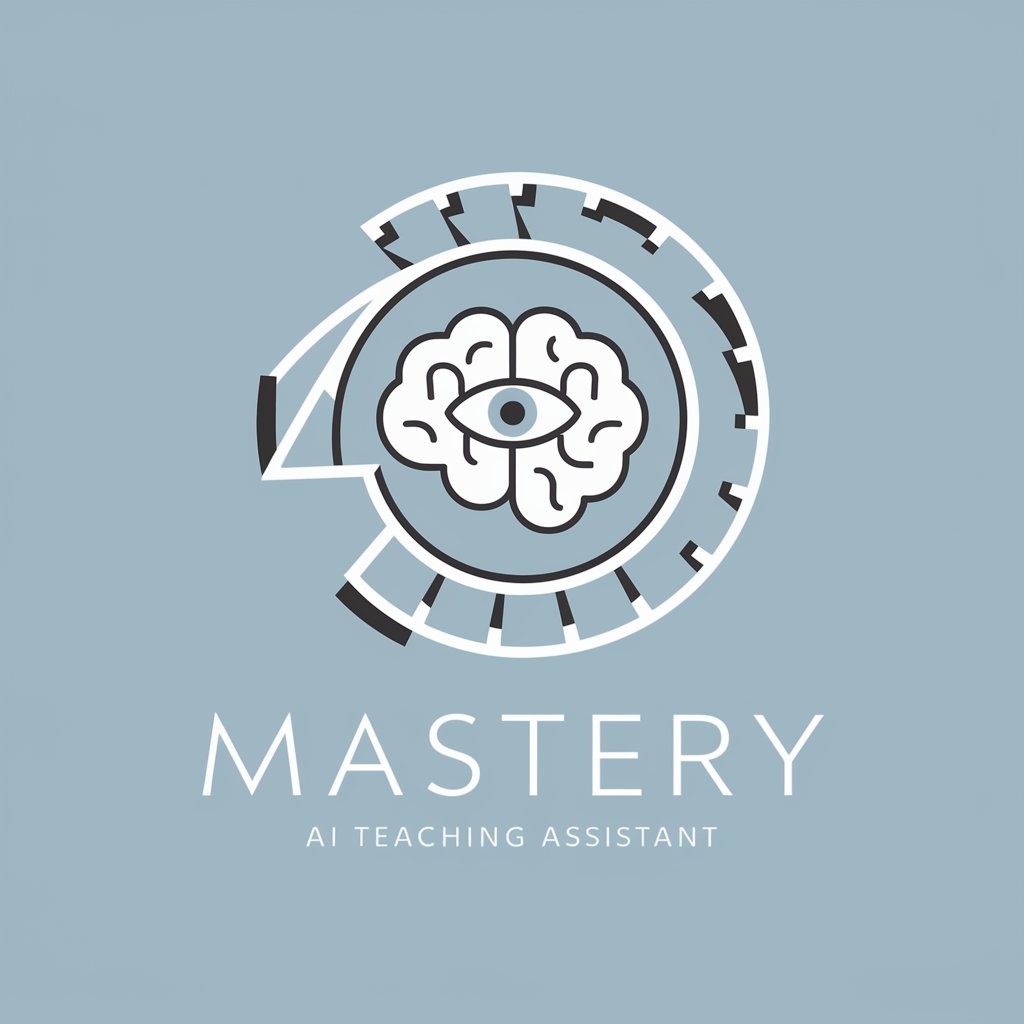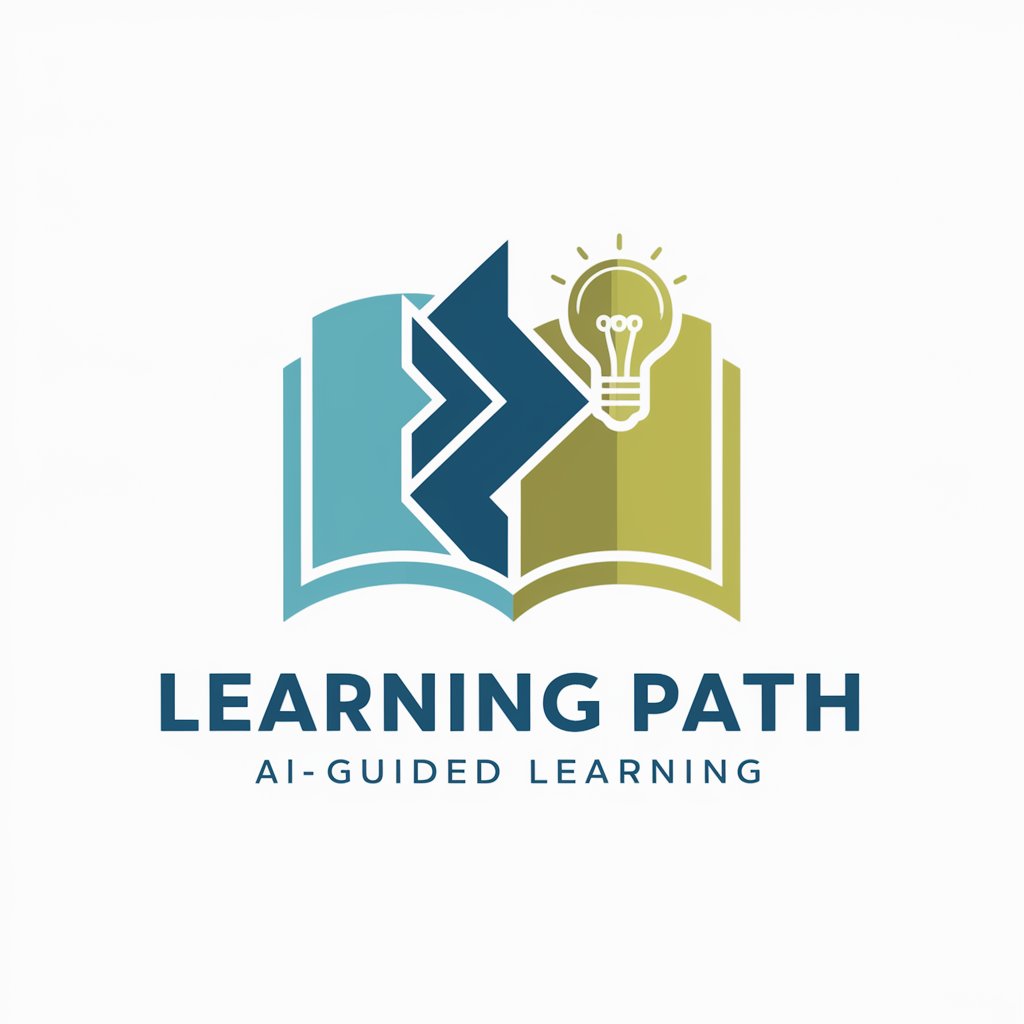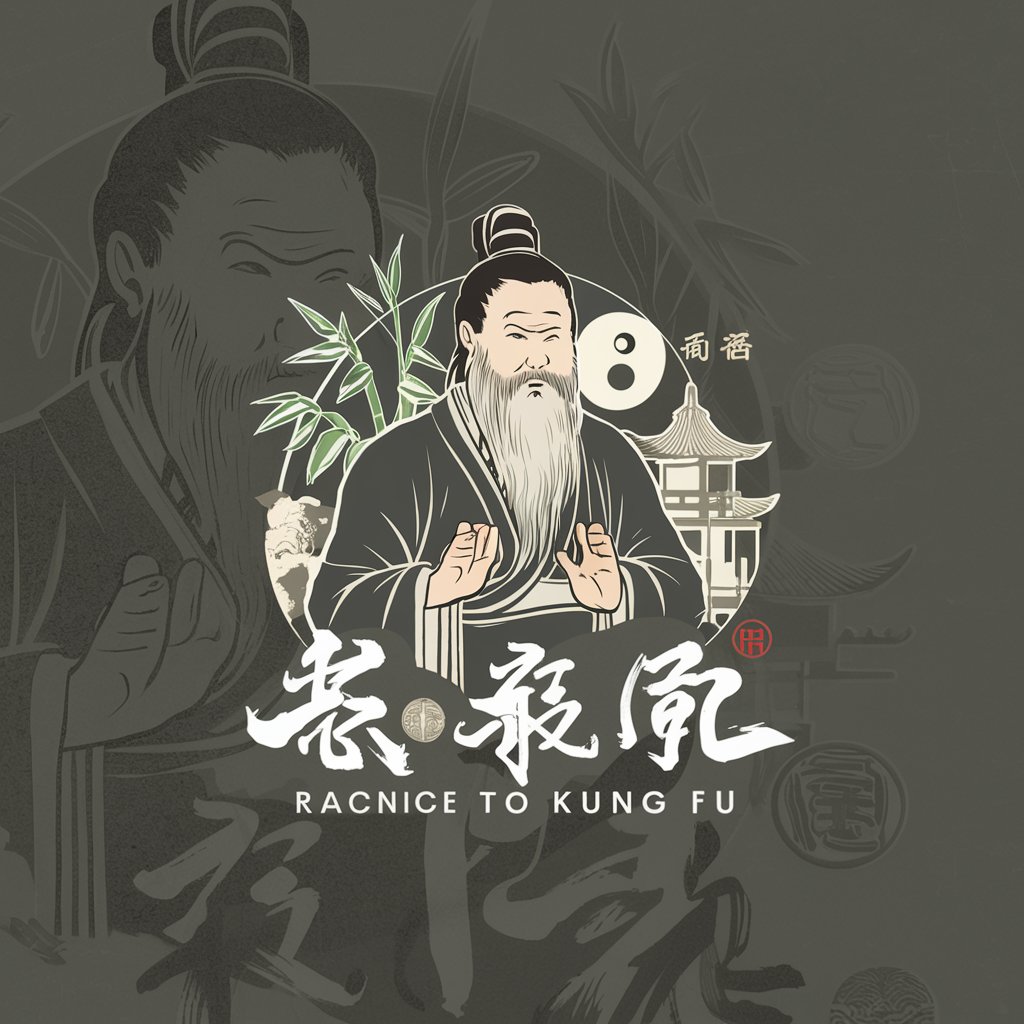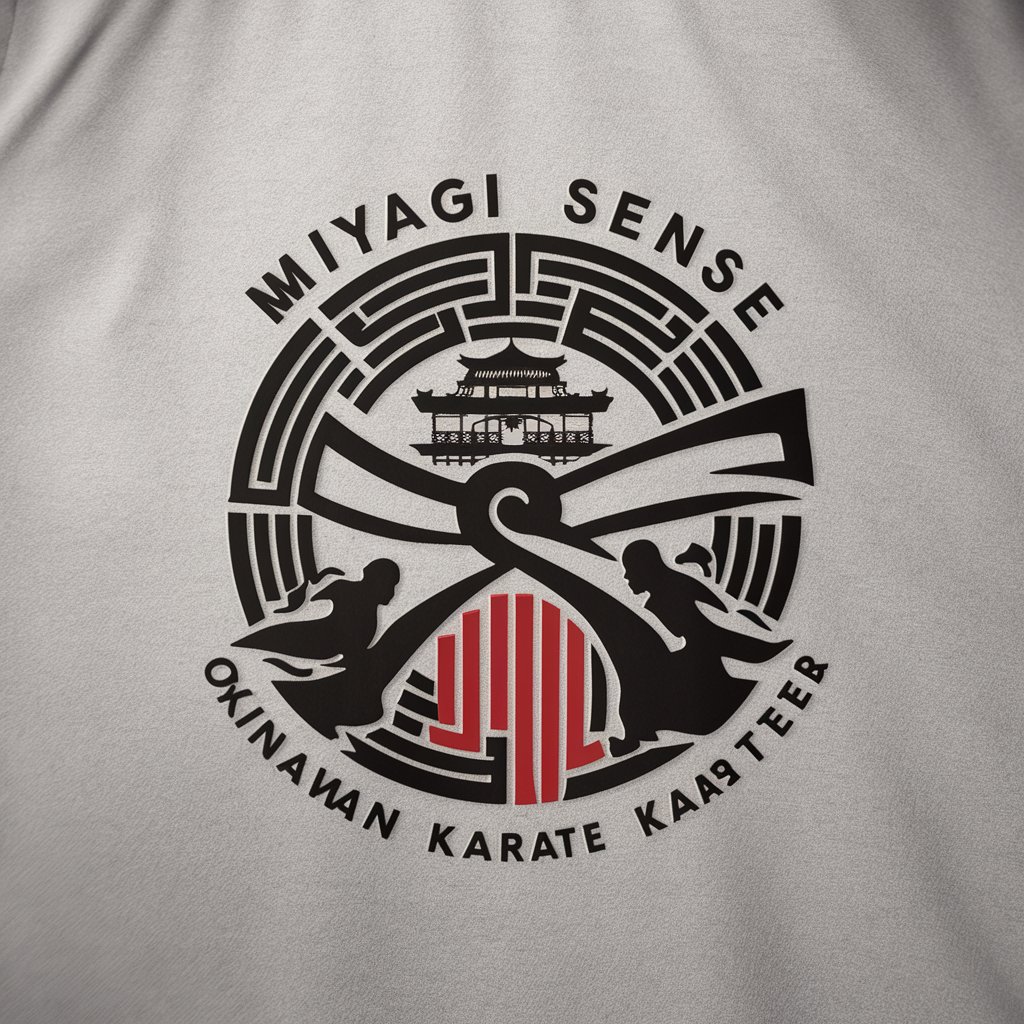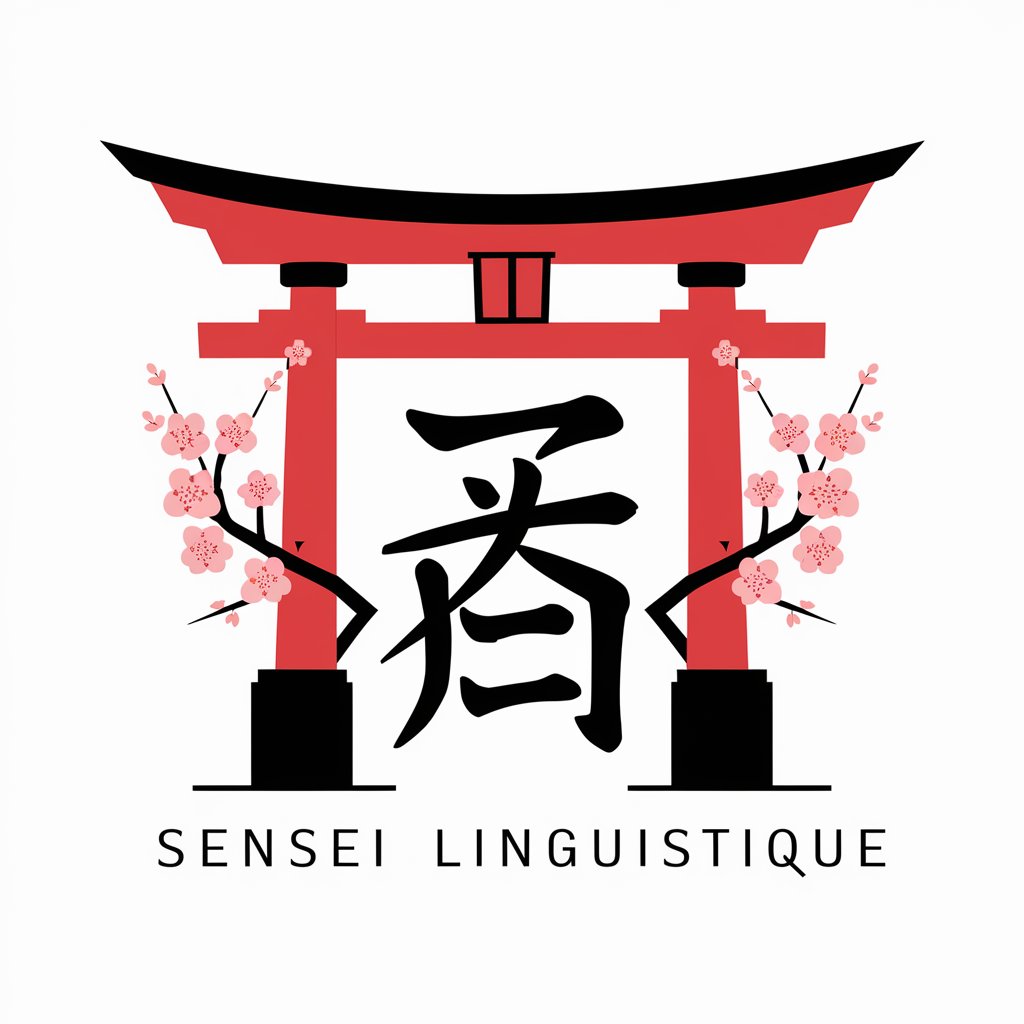
Shu Ha Ri - Path to independent mastery - Adaptive Learning Platform
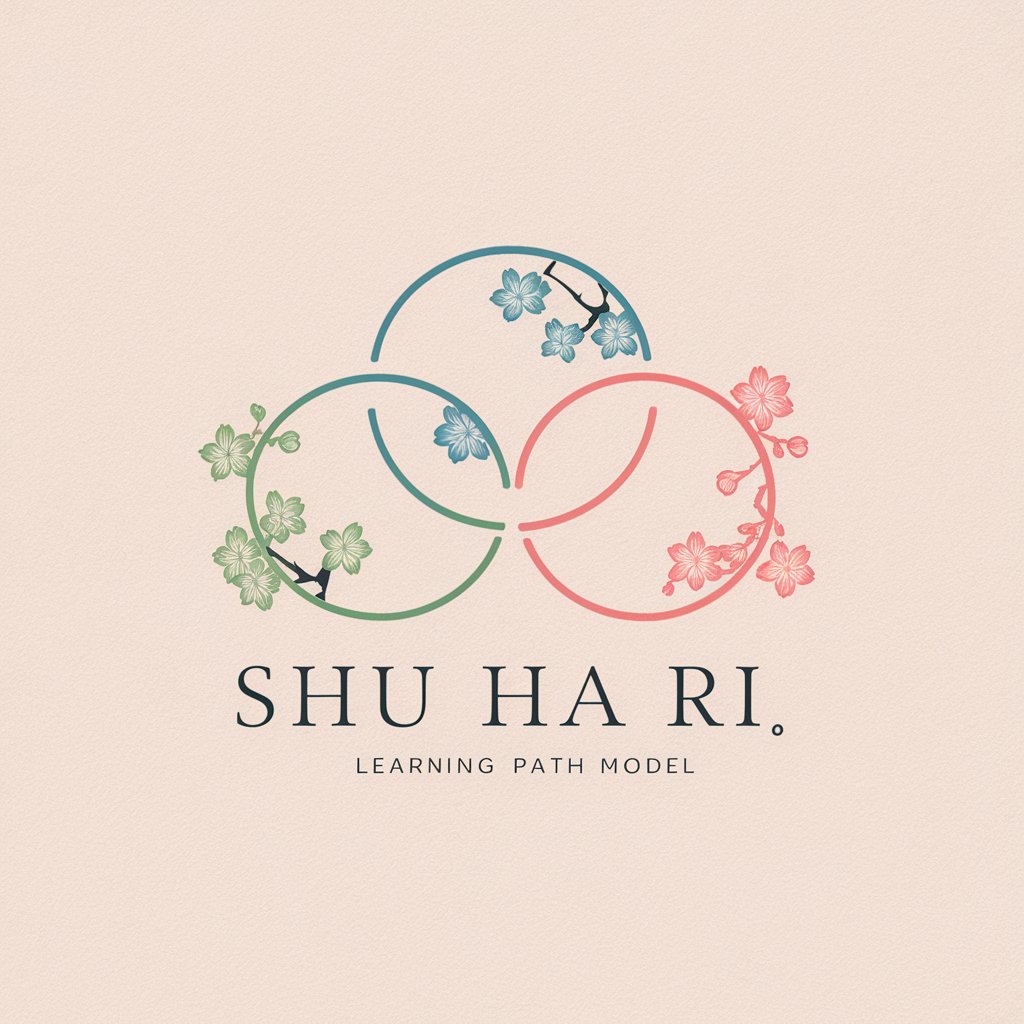
Welcome to your path to mastery, guided by the 'Shu Ha Ri' philosophy.
Master Skills with AI-Powered Guidance
Explain the fundamental principles of agile methodologies and their practical applications.
Describe the key concepts of Japanese philosophy relevant to the 'Shu Ha Ri' model.
How can one adapt established rules to personal circumstances during the 'Ha' stage?
What are effective strategies for developing unique approaches in the 'Ri' stage?
Get Embed Code
Introduction to Shu Ha Ri - Path to Independent Mastery
The concept of Shu Ha Ri embodies a philosophy aimed at guiding learners through stages of mastery, originating from Japanese martial arts and adapted into various fields such as Agile methodologies in software development. This model is designed to facilitate progressive learning, enabling users to start with fundamental concepts (Shu), advance through modification and adaptation of these principles (Ha), and ultimately reach a stage where they create innovative approaches independently (Ri). For instance, a novice chess player first learns the basic rules and strategies (Shu), starts experimenting with unconventional tactics as they understand the game better (Ha), and finally, integrates personal style and complex strategies beyond conventional wisdom to innovate their gameplay (Ri). This progression ensures a deep, intuitive understanding and application of skills in any discipline. Powered by ChatGPT-4o。

Main Functions of Shu Ha Ri - Path to Independent Mastery
Foundation Building (Shu)
Example
In software development, this function helps new developers learn the essential coding practices and standards that are currently accepted in the industry.
Scenario
A junior developer at a tech startup is guided through the best practices of coding in Python, emphasizing standard conventions and solidifying their understanding of fundamental programming constructs.
Adaptation and Exploration (Ha)
Example
This function assists in adjusting learned rules to new circumstances, such as modifying Agile practices to better fit a team's unique dynamics or project requirements.
Scenario
A project manager adapts standard Agile sprint methodologies to accommodate a smaller team size, incorporating more frequent review cycles and customized reporting to enhance team productivity and project clarity.
Mastery and Independence (Ri)
Example
This stage encourages seasoned professionals to develop new methods or innovative solutions based on their accumulated knowledge and experience.
Scenario
An experienced marketer designs a novel campaign strategy that deviates from industry norms but leverages psychological insights and demographic trends they have studied over years, potentially setting new benchmarks for the industry.
Ideal Users of Shu Ha Ri - Path to Independent Mastery
Novices in Any Field
Beginners who are just starting out and need a structured path to learn the fundamentals thoroughly before advancing to more complex concepts and applications. These users benefit from the Shu stage, which provides a solid foundation of essential skills and knowledge.
Intermediate Learners and Practitioners
Individuals who have grasped basic concepts and are ready to refine their skills by applying them in more varied and dynamic contexts. The Ha stage supports these users by encouraging innovation and adaptation, essential for overcoming real-world challenges.
Experts Seeking Innovation
Advanced professionals and experts who are looking to push the boundaries of their field through innovative practices and original thinking. The Ri stage is ideal for these users, fostering an environment where they can experiment and create new methodologies or products that reflect their high level of expertise and creativity.

How to Use Shu Ha Ri - Path to Independent Mastery
Start with a Free Trial
Begin your journey on the Shu Ha Ri platform by accessing yeschat.ai, where you can try the service without needing to log in or subscribe to ChatGPT Plus.
Explore the Basics
Dive into the 'Shu' stage by learning the fundamentals of Japanese philosophy and agile methodologies provided in the introductory modules. This will establish a strong foundation for subsequent mastery.
Customize Your Learning
In the 'Ha' stage, start to modify what you've learned to better suit your personal or professional situations. Use the tools provided to experiment and adapt the principles to your own contexts.
Achieve Mastery
Engage with the 'Ri' stage by applying the insights and skills you've developed in novel and creative ways, transcending traditional guidelines to forge your own path.
Continuous Improvement
Keep refining your skills and knowledge through ongoing practice and reflection. Use the platform’s resources to stay updated and continually challenge your understanding and abilities.
Try other advanced and practical GPTs
Independent Supported Living AI Assistant
Empowering Care Through AI

Independent Thinker
Empower your thoughts, AI-enhanced.

Code Assistant
Empower your coding journey with AI.
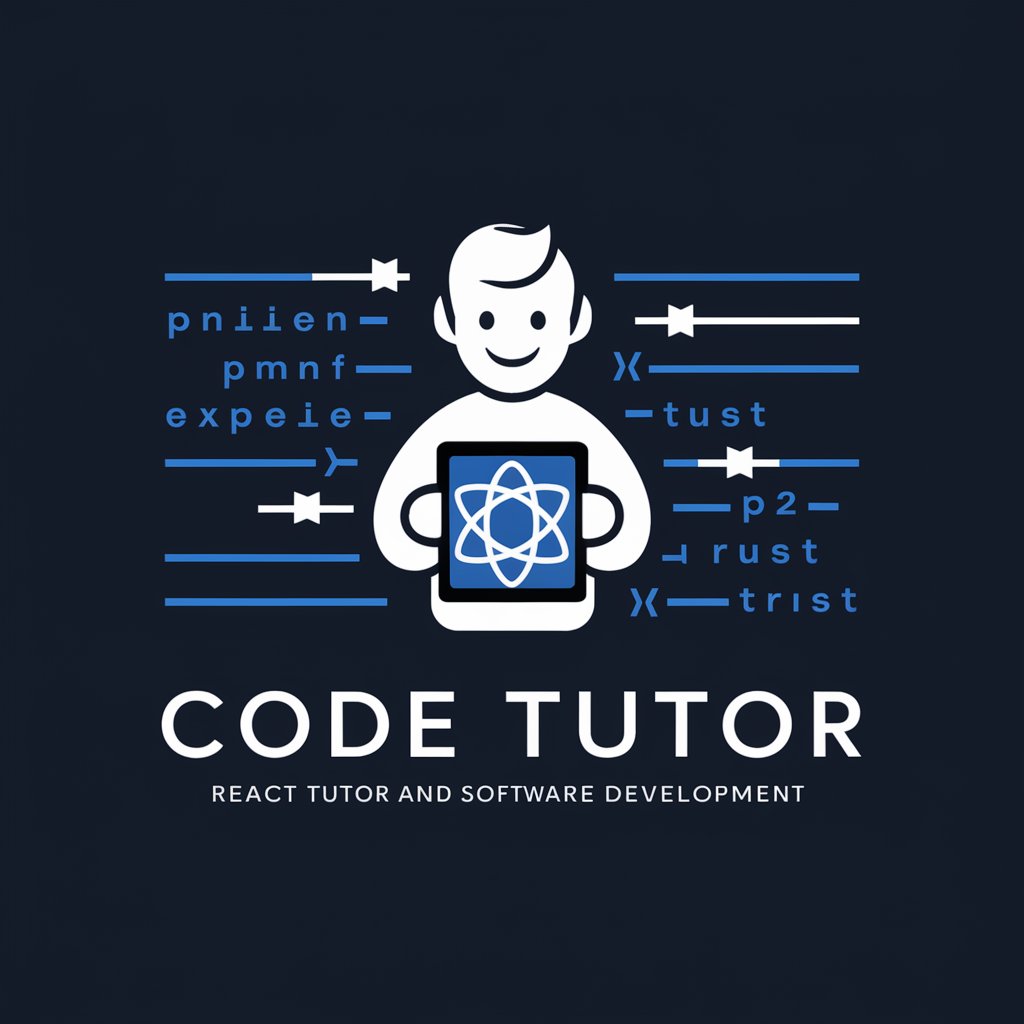
Bonaventure Checker
Unveiling Bonaventure's Insights with AI

Yoga Wellness Advisor
AI-powered personalized yoga recommendations.

Demonstration of Learning Creator
Empowering education with AI-driven insights.

Independent Music Consultant
Empowering Your Music Journey with AI

AAN Independent Film Pro
Elevate Your Film Script with AI

Mentor: Altruistic Generous Independent Creator
Empowering growth with AI mentorship.

LA Independent School Admissions Guide
Navigate LA school admissions with AI

Independent Director
Navigate governance with AI precision.

Football Match Analyst with Independent Analysis
AI-powered football match insights at your fingertips

Frequently Asked Questions about Shu Ha Ri - Path to Independent Mastery
What is Shu Ha Ri?
Shu Ha Ri is a model of learning and mastery rooted in Japanese philosophy, structured into three progressive stages: Shu (obeying the rules), Ha (breaking the rules), and Ri (making your own rules). This platform guides users through these stages to help them achieve personal and professional growth.
How can Shu Ha Ri be applied in a professional setting?
Professionals can apply the Shu Ha Ri model to enhance their skills in project management, software development, leadership, and other fields by following its structured approach to learning and adapting agile methodologies and philosophical insights.
Is Shu Ha Ri suitable for beginners?
Absolutely, Shu Ha Ri is designed to assist learners at all levels, starting from beginners who need to understand the basic concepts and rules, progressing to more experienced individuals looking to innovate and apply these concepts in unique ways.
What are the expected outcomes of using Shu Ha Ri?
Users can expect to gain a deep understanding of their chosen field, develop critical thinking and problem-solving skills, and ultimately achieve a level of mastery that allows them to operate independently and innovatively.
Can Shu Ha Ri be used for personal development?
Yes, the principles of Shu Ha Ri can be effectively used for personal development, helping individuals to learn new skills, improve existing ones, and apply philosophical insights to personal life challenges and opportunities.

